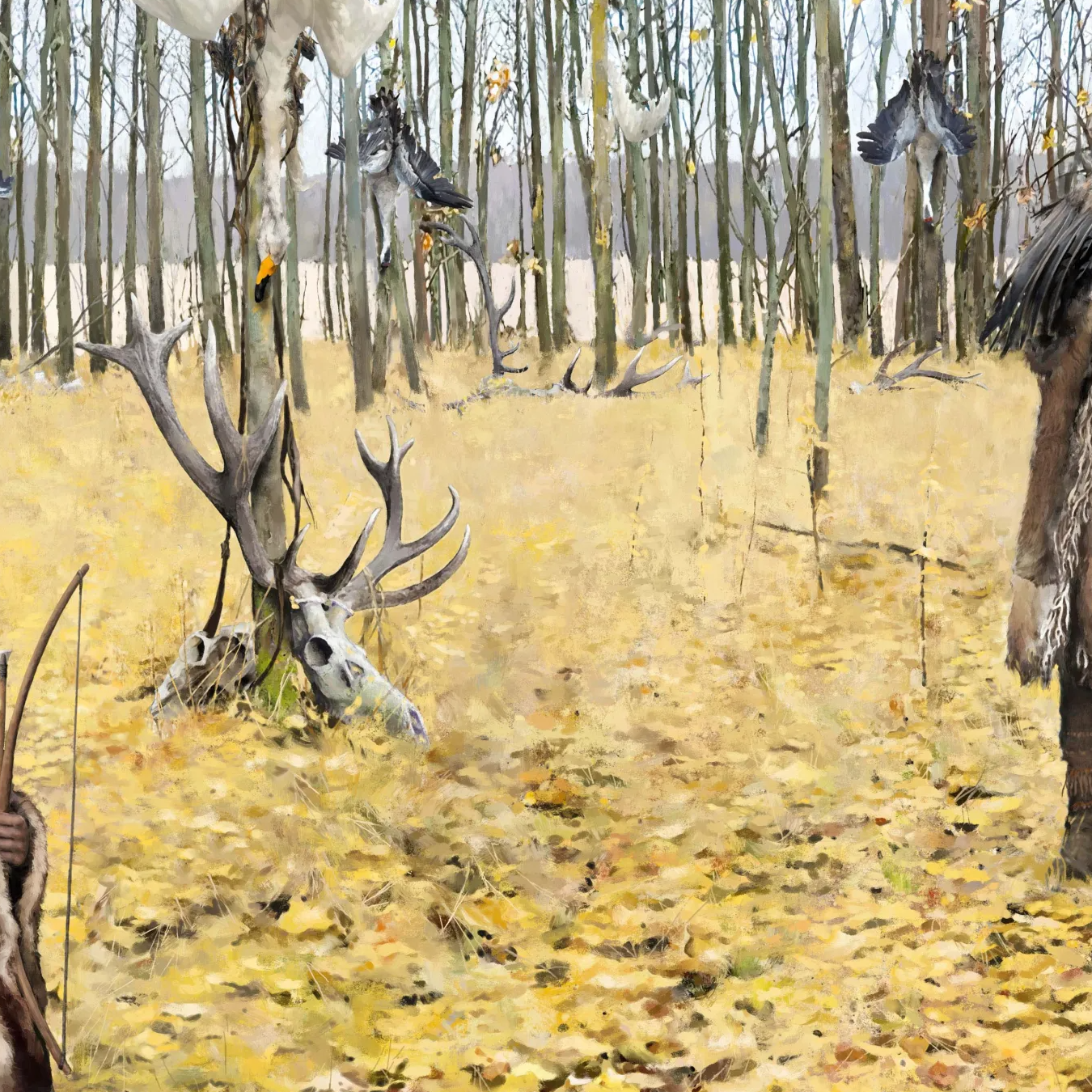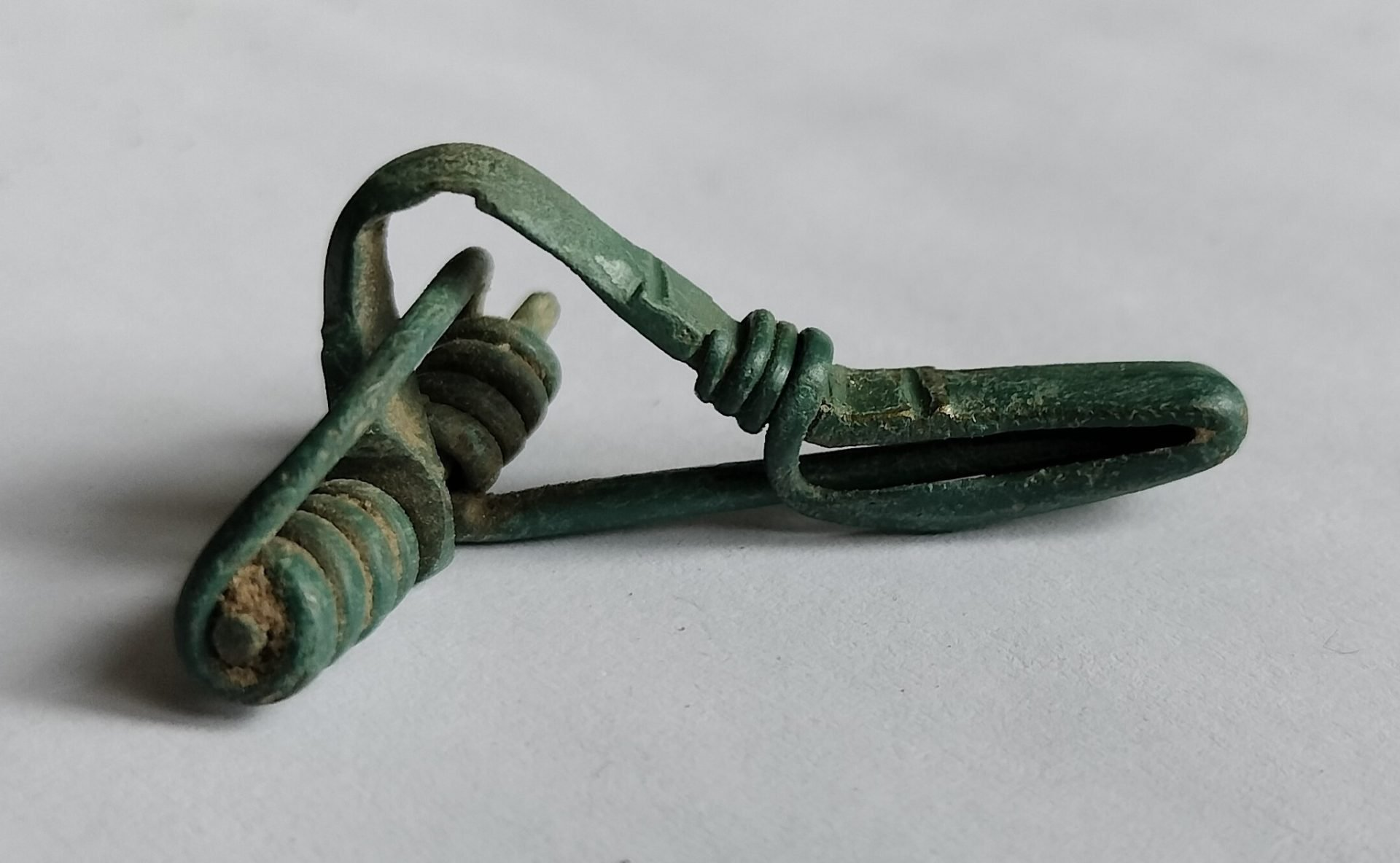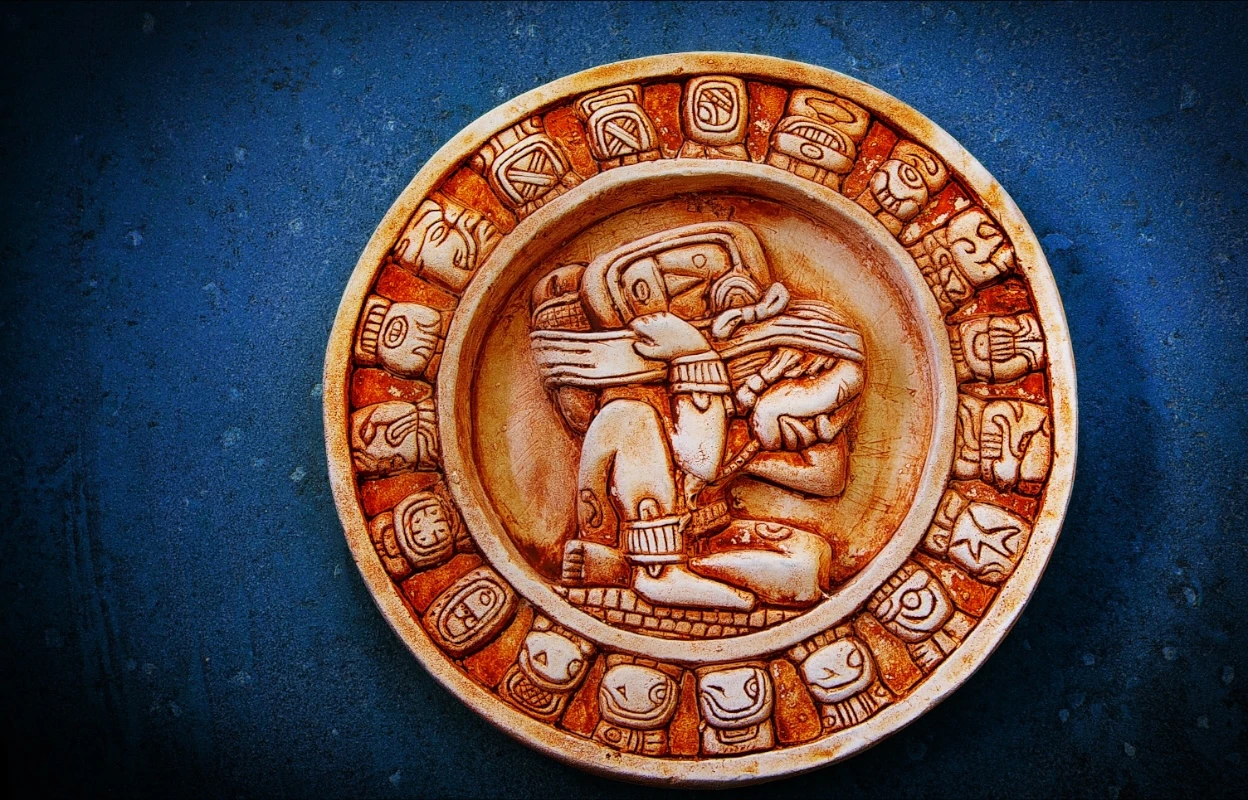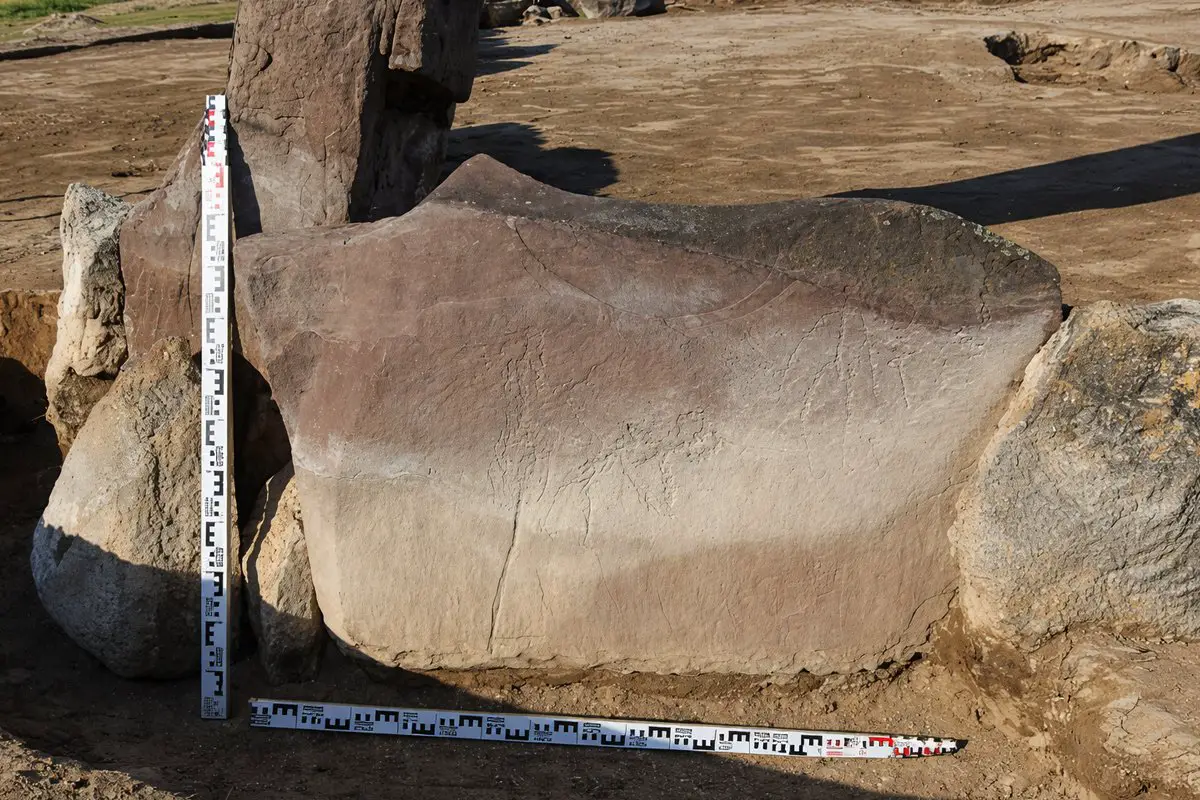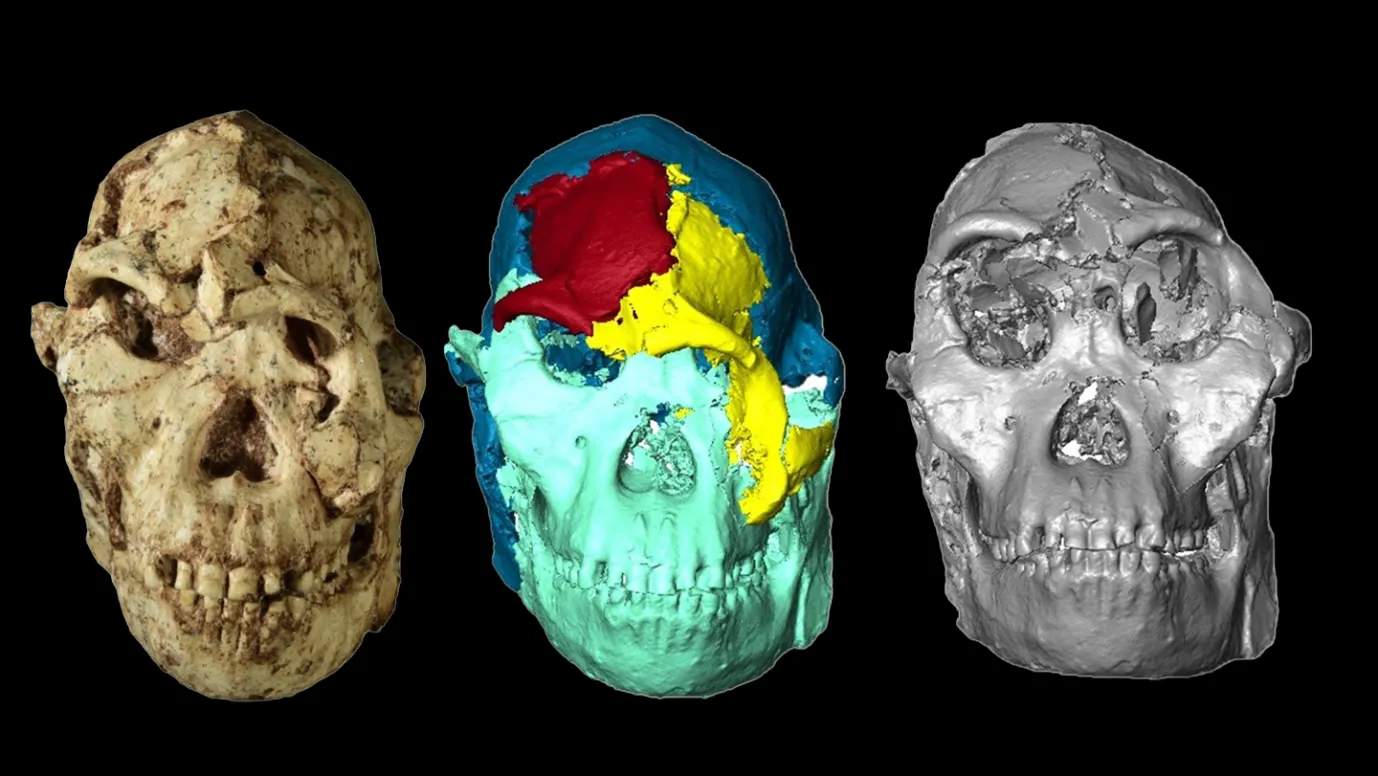The worship of Dionysus, the god of wine, festivity, and ecstasy, was a vital aspect of religious life in ancient Greece. Unlike other deities of the Greek pantheon, Dionysus represented both chaos and liberation, embodying the dual nature of pleasure and madness. His cult was known for its dramatic rituals, ecstatic celebrations, and profound influence on Greek culture, particularly in theater and the arts.
Origins and Importance of Dionysus
Dionysus, sometimes considered a foreign deity introduced to Greece from Thrace or Phrygia, held a unique place among the Olympian gods. He was associated with fertility, the grape harvest, and the intoxicating power of wine. His myths often depict him as a wanderer, spreading the knowledge of viticulture and his cult across the Mediterranean. The duality of his nature symbolized both the joy of life and its uncontrollable forces.
Rituals and Celebrations
The cult of Dionysus was known for its dramatic and ecstatic rituals, many of which were held in secrecy. The most significant festivals and rites associated with Dionysian worship included:
1. The Dionysia
One of the most famous celebrations dedicated to Dionysus was the Dionysia, a festival held in various forms throughout Greece, with the City Dionysia in Athens being the most prominent. This festival featured grand processions, theatrical performances, and dramatic competitions that played a crucial role in the development of Greek theater. Tragedies and comedies performed during these festivals honored Dionysus, highlighting his role as a patron of the arts.
2. The Bacchanalia and the Mysteries
The Bacchic rites, or Bacchanalia, were secretive and often frenzied ceremonies involving music, dance, and intoxicating substances. Participants, known as maenads (female followers) and satyrs (mythological half-goat beings), engaged in wild dances and ecstatic states believed to bring them closer to Dionysus. These rituals were seen as a means of transcendence, allowing worshippers to shed societal constraints and experience divine ecstasy.
The Dionysian Mysteries, much like the Eleusinian Mysteries, were initiatory rituals that promised spiritual enlightenment and a closer connection to the god. Though details remain elusive due to their secretive nature, these rites likely involved symbolic death and rebirth, reflecting themes of renewal and transformation central to Dionysian worship.
Symbolism and Cultural Influence
Dionysus was often depicted with symbols of revelry and fertility, including grapevines, ivy, the thyrsus (a staff wrapped in ivy and topped with a pinecone), and the panther. His influence extended beyond religion into Greek drama, literature, and philosophy. The Dionysian spirit of liberation and chaos contrasted with the order and rationality of Apollo, forming a dynamic duality explored by later thinkers such as Friedrich Nietzsche.
Legacy of the Cult of Dionysus
The worship of Dionysus left a lasting impact on Greek society, evolving over time and influencing later religious and theatrical traditions. As his cult spread throughout the Roman Empire, it merged with similar deities such as Bacchus, further shaping Mediterranean religious practices. The theatrical traditions established in his honor laid the groundwork for modern drama and storytelling.
Dionysus, as a god of both joy and madness, embodied the paradoxes of human experience. His cult provided an outlet for emotional expression and spiritual transcendence, making him one of the most fascinating and enduring figures in ancient Greek mythology.


